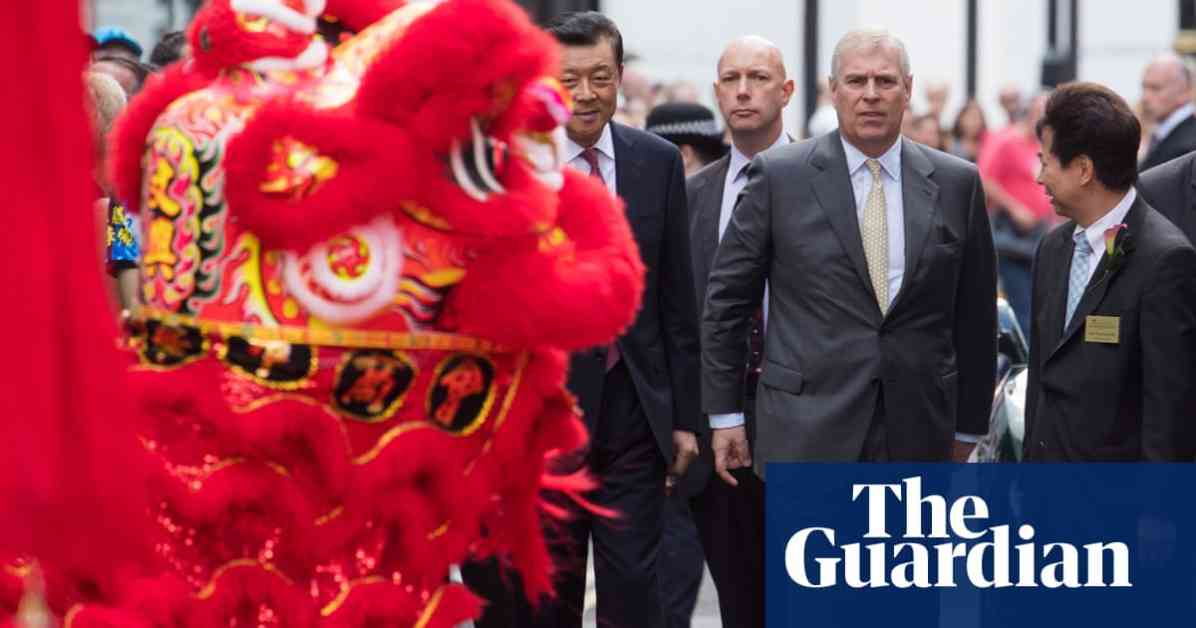MPs are sounding the alarm over a reported Chinese spy who allegedly leveraged his relationship with Prince Andrew to infiltrate the core of British society. The concern surrounds the government’s rapid efforts to mend ties with China, prompting calls for a reevaluation of UK-China relations.
Government Pressure
Ministers are facing mounting pressure to expedite the reinstatement of the foreign influence registration scheme (FIRS) and to elevate China to the enhanced threat category. Labour MPs are advocating for caution in light of recent revelations about the close connection between the ousted Chinese businessman and the Duke of York.
Legislative Delays
The FIRS mandates registration for those directed by foreign powers to engage in political influence activities, with an enhanced category for select nations like Russia and Iran. Conservatives argue that the scheme was ready for implementation under the previous government, but Labour officials assert that preparations were insufficient.
Call for Transparency
Shadow Home Secretary Chris Philp is calling for the alleged spy to be identified to safeguard other potential contacts. Meanwhile, Nigel Farage anticipates Reform UK MPs will expose the businessman under parliamentary privilege. Former Conservative leader Iain Duncan Smith aims to press the government on FIRS through an urgent question in the House of Commons.
Global Implications
These revelations coincide with the UK government’s bid to reset relations with Beijing, supported by opposition leaders Keir Starmer and Rachel Reeves. However, growing skepticism within Labour ranks and trade unions, as evidenced by the Inter-Parliamentary Alliance on China (IPAC), underscores the complexities of engaging with authoritarian regimes.
Amidst the political turmoil, it’s essential to recognize the multifaceted nature of international relationships. As Labour MP Blair McDougall aptly notes, history serves as a cautionary tale against dismissing the subtle signs of foreign interference. The delicate dance between diplomatic engagement and national security demands vigilance and strategic foresight.
In this high-stakes game of international intrigue, the need for transparency, accountability, and resilience has never been more critical. The interplay between soft power tactics and hardline espionage underscores the inherent challenges of navigating global politics. As the saga unfolds, one thing remains clear: the line between friend and foe is often blurred, necessitating a keen eye for detail and a steadfast commitment to safeguarding national interests.












